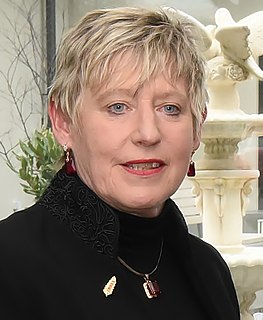
Lianne Audrey Dalziel is New Zealand politician and the current Mayor of Christchurch. Prior to this position, she was a member of the New Zealand Parliament for 23 years, serving as Minister of Immigration, Commerce, Minister of Food Safety and Associate Minister of Justice in the Fifth Labour Government. She resigned from Cabinet on 20 February 2004 after apparently lying about a leak of documents to the media, but was reinstated as a Minister following Labour's return to office after the 2005 election. She resigned from Parliament effective 11 October 2013 to contest the Christchurch mayoral election. The incumbent, Bob Parker, decided not to stand again, and she was widely regarded as the top favourite and won with a wide margin to become the 46th Mayor of Christchurch.
The Mayor of Christchurch is the head of the municipal government of Christchurch, New Zealand, and presides over the Christchurch City Council. The mayor is directly elected using a First Past the Post electoral system. The current mayor, Lianne Dalziel, was first elected in the October 2013 mayoral election and was re-elected in October 2016. The current deputy mayor is Andrew Turner.

Christchurch East, originally called Christchurch City East, is a current New Zealand parliamentary electorate. It was first created for the 1871 election and was abolished for two period, from 1875–1905 and again from 1946–1996. It was last created for the introduction of the MMP voting system for the 1996 election. The current MP is Poto Williams, a member of the New Zealand Labour Party who was first elected in the 2013 Christchurch East by-election.
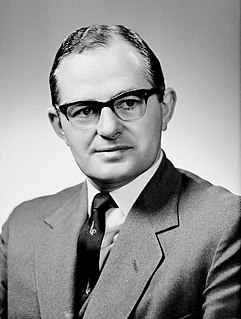
Neville George Pickering was a New Zealand politician of the Labour Party.

John Walton Beanland was a building contractor and Mayor of Christchurch from 1936 to 1938.

Aaron Ayers arrived in Christchurch, New Zealand from England as a newly married man in his mid 20s. He was a hairdresser and tobacconist for two decades before entering the auctioneering business. He was elected Mayor of Christchurch in 1885 unopposed, and was re-elected a year later in the most keenly contested mayoral election thus far, narrowly beating Charles Louisson. He retired after his second term as mayor. In 1887 he contested a 1887 by-election for Heathcote and the 1887 election for Christchurch South, but came second on both occasions. After his mayoralty, he lived mostly a private life and was known as an avid gardener.
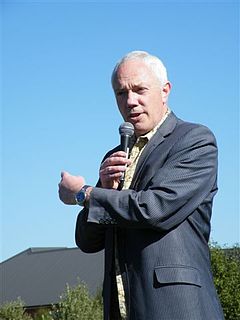
The 2010 Christchurch mayoral election is part of the 2010 New Zealand local elections. On 9 October 2010, elections were held for the Mayor of Christchurch plus other local government roles. Incumbent Bob Parker was re-elected.

Melville Edwin Lyons, sometimes called Tiny, was briefly a Reform Party Member of Parliament in New Zealand until his election was declared void. A journalist by trade, he became involved in local politics in Christchurch after having served in WWI. He was Deputy Mayor of Christchurch for six years under mayor Ernest Andrews.
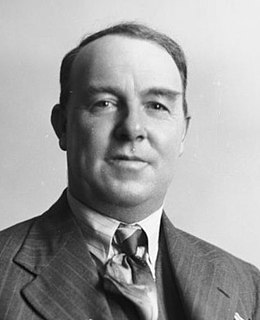
The 1939 Christchurch South by-election held on 3 June was caused by the death of Ted Howard during the term of the 26th New Zealand Parliament. The by-election in the Christchurch South electorate was contested by Robert Macfarlane for Labour and Melville Lyons for National, with Macfarlane winning the election. At the time, Macfarlane was Mayor of Christchurch.

The 2013 Christchurch mayoral election was part of the New Zealand local elections and was won by former MP Lianne Dalziel. The elections were held on 12 October 2013 for the Mayor of Christchurch plus other local government roles.

The 1935 Christchurch City mayoral election was held on 8 May. The incumbent, Dan Sullivan of the Labour Party narrowly beat the conservative candidate, Hugh Acland, a surgeon and World War I veteran. The election attracted nationwide attention, as Christchurch was a Labour-stronghold and due to Acland's widespread popularity, it was regarded as a test whether Labour could potentially win the November 1935 general election.

The Christchurch mayoral by-election in 1936 was triggered by the resignation of the incumbent, Dan Sullivan, who had been appointed cabinet minister after the Labour Party winning the general election in November 1935. The election was won by John Beanland of the Citizens' Association, who narrowly beat the Labour candidate.
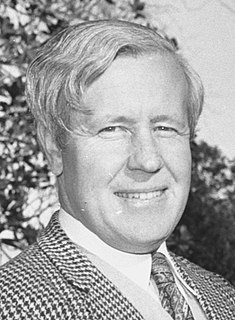
The 1980 Christchurch mayoral election was part of the New Zealand local elections held that same year. In 1980, election were held for the Mayor of Christchurch plus other local government positions. The polling was conducted using the standard first-past-the-post electoral method.

The 1950 Christchurch mayoral election was part of the New Zealand local elections held that same year. In 1950, election were held for the Mayor of Christchurch plus other local government positions. The polling was conducted using the standard first-past-the-post electoral method.
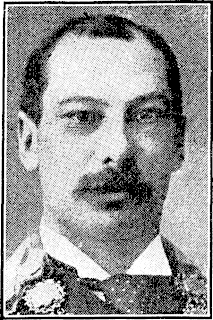
The Christchurch mayoral election held on 27 November 1895 was contested by city councillors Howell Widdowson and Harry Beswick. Both candidates were young solicitors with few prior civic roles. Initially, the incumbent mayor—Walter Cooper—was one of the candidates but he withdrew. Widdowson attracted some controversy over the question whether he put his nomination forward ahead of a more senior city councillor; many voters still expected at the time that a mayoralty should be assigned to the most senior councillor. Another important issue for many voters was that Widdowson was a tee-totaller and was thus regarded as a prohibitionist, with Beswick seen as the representative of the liquor lobby. Beswick won the election with a clear majority and was installed as mayor of Christchurch on 18 December 1895.
The 1958 Christchurch mayoral election was held to elect a successor to Robert Macfarlane who resigned as Mayor of Christchurch upon his selection as Speaker of the New Zealand House of Representatives. The polling was conducted using the standard first-past-the-post electoral method.

The 1938 Christchurch City mayoral election was held on 11 May. The incumbent, John Beanland of the Citizens' Association, failed to get the nomination by his party and the surgeon Dr. John Guthrie was nominated instead. The Labour Party nominated Robert Macfarlane. Both the Labour and conservative candidate had been members of Christchurch City Council for some years. Macfarlane narrowly won the mayoralty.
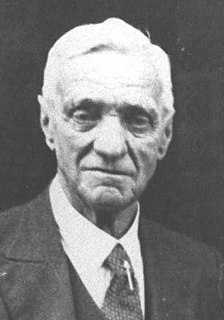
The 1941 Christchurch City mayoral election was held on 17 May. The incumbent, Robert Macfarlane of the Labour Party, did not stand for re-election as he wanted to serve in WWII. Four candidates stood and Ernest Andrews of the conservative Citizens' Association was successful. Andrews was installed on 28 May 1941.
Peter Jensen Reid Skellerup was a New Zealand industrialist and philanthropist.

William Smith MacGibbon was a New Zealand businessman and politician.















